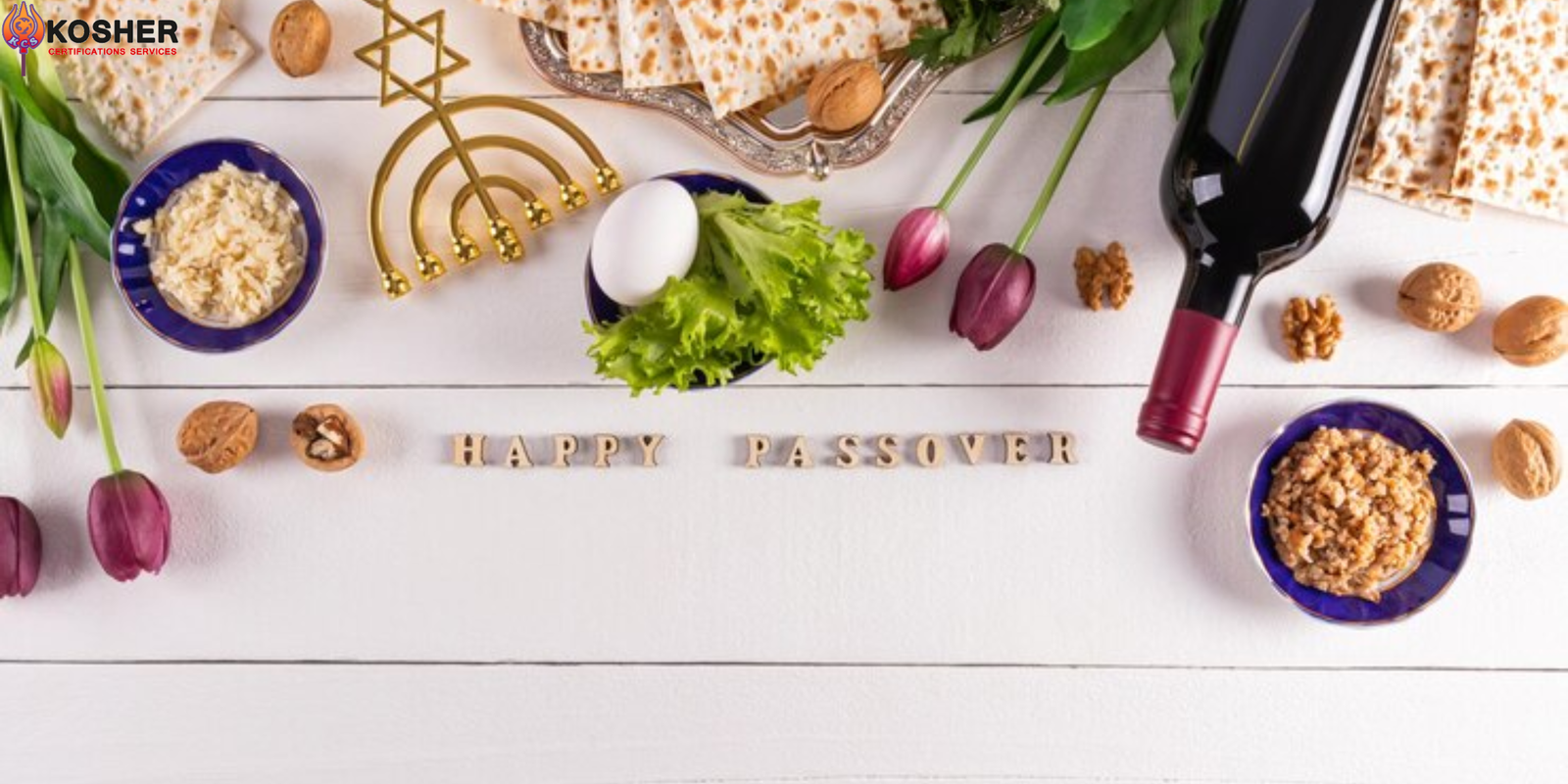Food choices today go beyond taste. People want to know what’s in their food, how it’s made, and whether it meets certain ethical or dietary standards. One label that stands out in this space is Kosher Certification. If you’ve seen a small symbol like “OU” or “K” on your food packaging and wondered what it means, this guide is for you.
What Does “Kosher” Mean?
The word “kosher” comes from Jewish dietary laws called kashrut. These rules outline what foods people can eat and how to prepare them. For example:
-
Pork and shellfish aren’t kosher.
-
Meat and dairy must stay separate.
-
Animals must be slaughtered in a specific way to be considered kosher.
Although these rules have religious roots, many non-Jewish consumers also seek out kosher food. They may view it as cleaner, more carefully prepared, or simply more trustworthy.
What Is Kosher Certification?
Kosher certification shows that a product meets kosher standards. An authorized agency reviews ingredients, checks production methods, and regularly inspects the facility. If everything meets kosher requirements, the company can display a kosher symbol on its packaging.
Here’s how the process usually works:
-
A business contacts a certification agency.
-
The agency reviews all ingredients and formulas.
-
Inspectors visit the facility to observe production.
-
The company makes any required changes.
-
Once approved, the product gets a kosher certification symbol.
Common certifying agencies include:
-
OU (Orthodox Union)
-
OK Kosher
-
Kof-K
-
Star-K
Why Do Companies Get Kosher Certified?
Kosher certification opens new markets. Jewish consumers rely on it to follow their dietary laws, but the benefits reach far beyond that.
Many vegetarians and vegans use kosher labels to avoid hidden animal ingredients. Some Muslim consumers also accept kosher food when halal options aren’t available. In addition, health-conscious shoppers often see kosher food as higher quality because of the strict inspection process.
Getting kosher certified also boosts a brand’s reputation for transparency, safety, and reliability.
What Should You Look For?
To find kosher Certification products, look for a symbol—usually a small letter or logo—on the packaging. For example:
-
OU inside a circle means Orthodox Union certification.
-
Kof-K and Star-K symbols also appear on many popular brands.
Some symbols include additional letters, such as:
-
D for dairy
-
P for Passover
-
M for meat
These extra letters help consumers follow more specific dietary rules.
Final Thoughts
Kosher certification isn’t just about religion—it’s about standards, clarity, and trust. For businesses, it provides access to a loyal and diverse customer base. For shoppers, it offers peace of mind about how food is sourced and produced.
Whether you follow kosher laws or just care about clean, ethical food, kosher certification is a label worth knowing and trusting.
